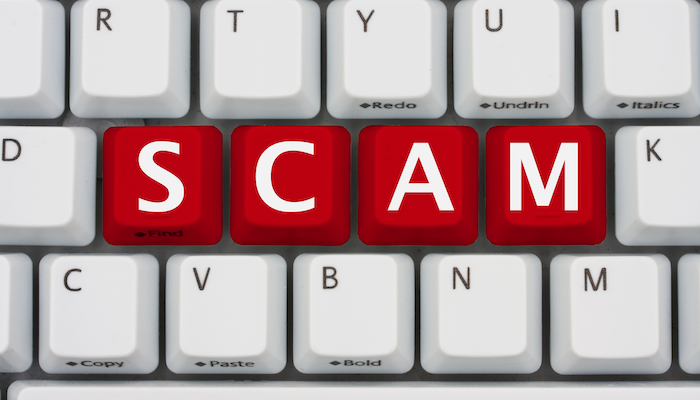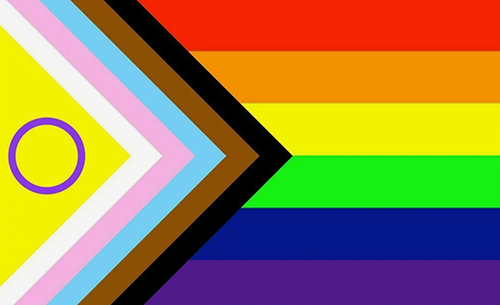
The multilayered “phantom hacker” or “tech support” scam is by far the most lucrative scam to date—$542 million was transferred to fraudsters between January and June 2023. Two-thirds of those victimized were persons over age sixty-five! Here is the typical scenario:
- Tech support. A call, email, or text is received “from tech support” at a company such as Microsoft, telling the victim their computer has been hacked. The scammer requests the victim download special computer-sharing software “to allow a virus scan.” In fact, this allows the hackers to see the victim’s financial information.
- Financial institution. Scammer No. 2 contacts the victim “from” their bank or brokerage firm, falsely confirming they have been hacked. The victim is told to transfer funds to a “protected third-party account.”
- Government agency. Scammer No. 3, “from” the IRS, Federal Reserve, or other agency, contacts the victim saying their money can be protected by transferring it to special foreign accounts set up for this very purpose. Methods include wire transfer, cash, or cryptocurrency. Sometimes a letter is sent by mail on official-looking letterhead. Sadly, this step drains the victim’s accounts.
Tips to share with your family member
- Do not respond to calls, emails, or texts advising “you’ve been hacked.” Do not take any steps suggested.
- If you receive a message alerting you to problems, do not use any phone number or link that’s provided. Use another device to get the phone number of the company in question, and call directly.
- Never let a person unknown to you download computer-sharing software.
- Credible institutions do not ask you to transfer money by cash, gift card, or cryptocurrency.
If your loved one is at all suspicious, they should hang up immediately and contact you. You can contact the FBI at www.ic3.gov to investigate whether this is a fraud call or not.


